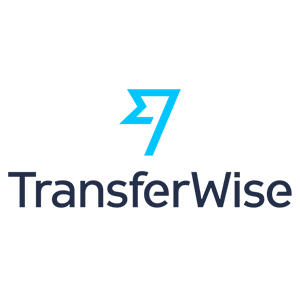How We Started A $110K/Month Ecommerce Brand Of Eco-Friendly Products
Hello! Who are you and what business did you start?
Hi Starter Story!
My name is Jamie Skinner and I am one of the co-founders of Jungle Culture. We are an e-commerce brand that sources eco-friendly products directly from farms, small craft workshops, and ethical factories and sells them online worldwide.
My business partner Chris and I started Jungle Culture in 2018 with one product, bamboo straws. Back then our brand name was Jungle Straws and our goal was to create a business that would fund our traveler lifestyles and also create positive change in the world.
After less than a year Jungle Straws became one of the world’s biggest bamboo straw companies and our clients included National Geographic, the US parks department, and TOMS.
Propelled by our success and the desire to create more change, we switched our focus to eco-friendly products as a whole and created Jungle Culture, which this year turned over just over $1,000,000.

















